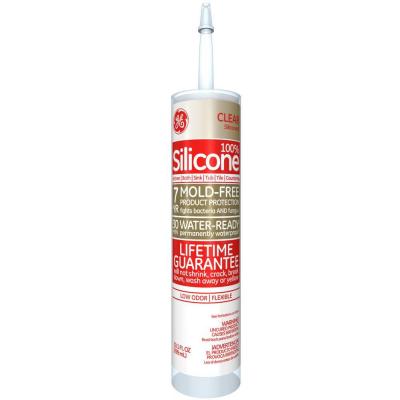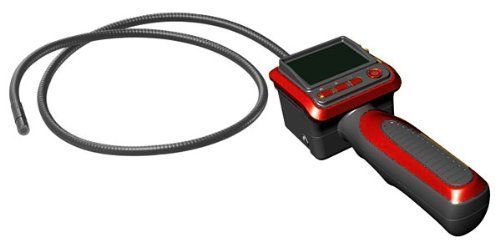I live in southern California. I have granite countertops and over the years I've noticed grout cracks between my granite and the tile splash on the sink side. Could the constant water from washing dishes seep in through those cracks and cause wall damage? How can I find out if the walls are wet? I've checked the walls that I have access to and they don't feel wet. Could a leak detector find the source?
Plus, our neighborhood is prone to those nasty large roaches that hang out in moist areas. I'm not a fan of those damn pests and they do multiply like crazy. When I noticed the little 1 inch (baby) critters I start to wonder and now drive myself crazy trying to find the source. I had this problem in my bathroom shower when opening up the wall during the demo; thousands of those critters were in the wall from water damage.
If I have wall damage then I definitely need to repair the problem sooner rather than later. My problem is I love my granite and cannot afford to have this redone again. But then on the other hand I don't want to have those b______s running around my house. Can I remove my granite without damaging it? I'm a neat freak and yes I am bigger than the critters but Im just not a fan of those flying nasty rodents or water damage.


